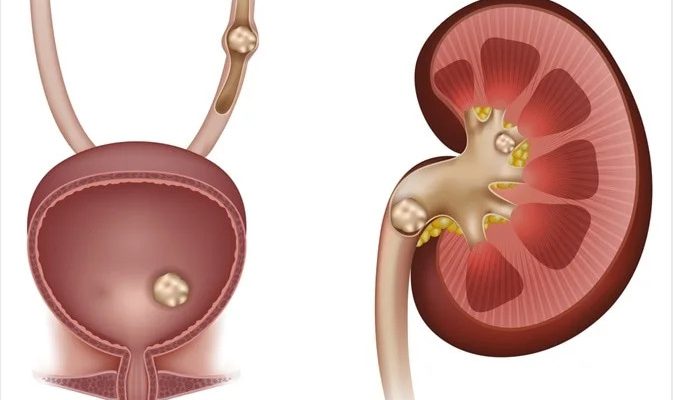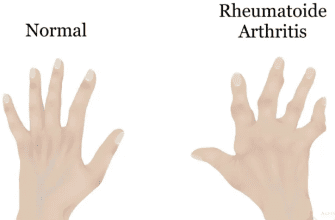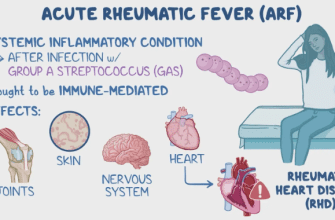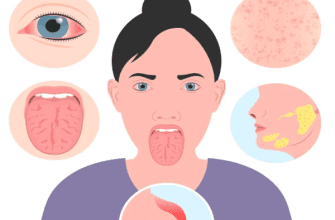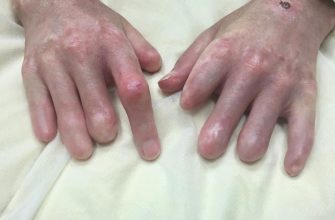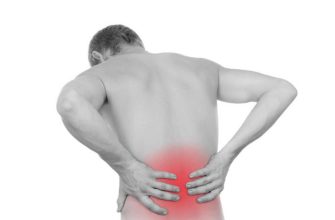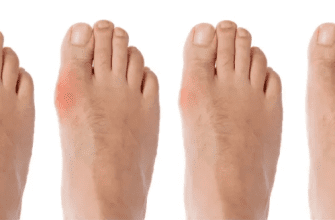Urolithiasis, commonly known as kidney stones, is a condition characterized by the formation of solid mineral and salt deposits in the urinary tract. These stones can develop in the kidneys, ureters, bladder, or urethra
Etiology and Causes
Urolithiasis can result from various factors that lead to supersaturation of certain substances in urine, resulting in crystal formation. The primary types of stones include:
- Calcium Stones: The most common type, primarily formed from calcium oxalate or calcium phosphate. Dietary factors, hyperparathyroidism, and certain metabolic disorders can contribute.
- Struvite Stones: Often associated with urinary tract infections (UTIs) caused by urease-producing bacteria. These stones are composed of magnesium ammonium phosphate.
- Uric Acid Stones: Formed due to excess uric acid in urine, often linked to conditions that cause high purine levels, such as gout or high-protein diets.
- Cystine Stones: Rare and caused by a genetic disorder where cystine, an amino acid, leaks into the urine, leading to stone formation.
Risk Factors
- Dehydration: Low fluid intake can result in concentrated urine.
- Diet: High intake of animal protein, sodium, and oxalate-rich foods (e.g., spinach, beets) may increase stone formation.
- Obesity: Higher body weight can influence metabolic changes.
- Family History: Genetics play a role; individuals with a family history of stones are at a higher risk.
- Medical Conditions: Certain conditions like diabetes, gout, inflammatory bowel disease, and hyperparathyroidism increase risk.
- Surgery: Procedures that affect the gastrointestinal tract can alter how the body absorbs calcium and oxalate.
Symptoms
- Severe pain: Often acute and colicky, typically occurring in the flank, back, or lower abdomen; pain may radiate to the groin.
- Hematuria: Blood in the urine, which may appear pink, red, or brown.
- Nausea and vomiting: Accompanies the pain.
- Frequent urination: An increased urge to urinate, particularly if the stone impacts the urethra.
- Painful urination: Dysuria can occur, depending on the location of the stone.
- Infections: Symptoms of a UTI, such as fever and chills, may indicate a complication.
Diagnosis
- Medical History and Physical Examination: Assessing symptoms and risk factors.
- Urinalysis: To detect crystals, stones, or signs of infection.
- Imaging Studies:
- CT Scan: Non-contrast helical CT is the gold standard for detecting stones.
- Ultrasound: Useful, especially in pregnant women and children, to avoid radiation.
- X-rays: Can help visualize certain types of stones.
- Blood Tests: Assess kidney function and identify underlying metabolic issues.
Treatment
- Conservative Management:
- Hydration: Drinking plenty of fluids to help pass the stone.
- Pain Management: Over-the-counter or prescription medications to alleviate pain.
- Medications:
- Alpha-blockers: Such as tamsulosin may be prescribed to relax the muscles in the urinary tract, helping stone passage.
- Medications to dissolve certain types of stones: Such as potassium citrate for uric acid stones.
- Procedures:
- Lithotripsy: Extracorporeal shock wave lithotripsy (ESWL) uses shock waves to break stones into smaller pieces.
- Ureteroscopy: A thin tube is inserted through the urethra and bladder to remove or break up stones.
- Percutaneous Nephrolithotomy: A surgical procedure for larger stones, where instruments are guided through the skin to remove stones directly from the kidney.
- Prevention
Prevention
- Hydration: Increasing water intake helps dilute substances in urine, reducing stone-forming potential.
- Dietary Changes:
- Reducing sodium and animal protein intake.
- Limiting foods high in oxalate for those prone to calcium oxalate stones (e.g., chocolate, nuts).
- Consuming adequate calcium from dietary sources, unless directed otherwise.
- Medications: In some cases, doctors may prescribe medications to control uric acid levels or other metabolic factors contributing to stone formation.
- Maintaining a Healthy Weight: Reducing obesity through diet and exercise can help decrease the risk of stones.
Complications
- Urinary Tract Infections (UTIs): Stones can block urine flow, creating an environment conducive to bacterial growth.
- Hydronephrosis: Obstruction can lead to swelling of the kidney due to urine backflow.
- Chronic Kidney Disease: Prolonged obstruction and damage from recurrent stones may lead to renal impairment.
- Sepsis: Severe infections resulting from complications can enter the bloodstream and become life-threatening.
- Renal Failure: Repeated kidney damage from untreated stones may eventually result in loss of kidney function.
